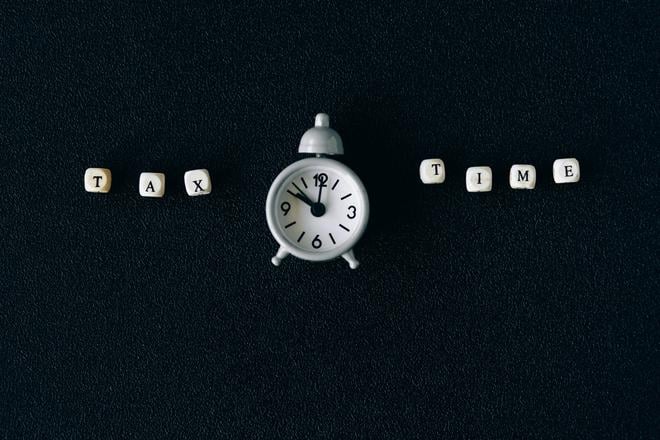April 1 seems an appropriate date for the latest hare-brained scheme by the current government to come into effect.
Last year it announced a swingeing, three-percentage point hike in VAT.
The process did not go entirely smoothly, with the finance minister performing a spectacular reverse ferret – first more than doubling the VAT rate on books (from 10 percent to 23 percent) then, after a feeble attempt to defend the move (“only rich people buy books,” we were told), halving it (it is now 5 percent). Nonetheless, VAT on most things still rose at the beginning of January.
At the same time, it announced a peculiar novelty: a so-called ‘transaction tax’ that would apply to almost all payments by businesses, including self-employed people and sole traders (who are known in Slovak-English as “živnostníks”, after the “živnostenský list”, or trade licence, that they must obtain). It is this tax, initially set at 0.4 percent, that takes effect on April Fool’s Day.
Banks have been made (mostly) responsible for collecting it and so živnostníks, who had previously been able to use any account(s) they liked, provided they declared their trade income in their tax returns, now have to set up specific “business accounts” into which all their income must be paid, and on which all their outgoings (except for state tax and payroll tax – i.e. health and social insurance – payments) will be taxed.
Now I suppose we should be grateful for small mercies in the form of these exemptions: the tax itself is nonsensical enough that it would not have been beyond the geniuses at the Finance Ministry to crown their achievement by imposing one tax (transaction tax) on another tax (income tax). But in some cases they are still, in effect, doing that: many živnostníks are not VAT-registered, so anything that they buy from a VAT-registered counterpart (i.e. basically everything) will involve paying transaction tax on the VAT.
One way to avoid that, of course, would be to register for VAT, which would allow the payer to first (one assumes?) reclaim the VAT. But to register for VAT is to enter a vortex of bureaucratic complexity that most sole traders would prefer to avoid.


